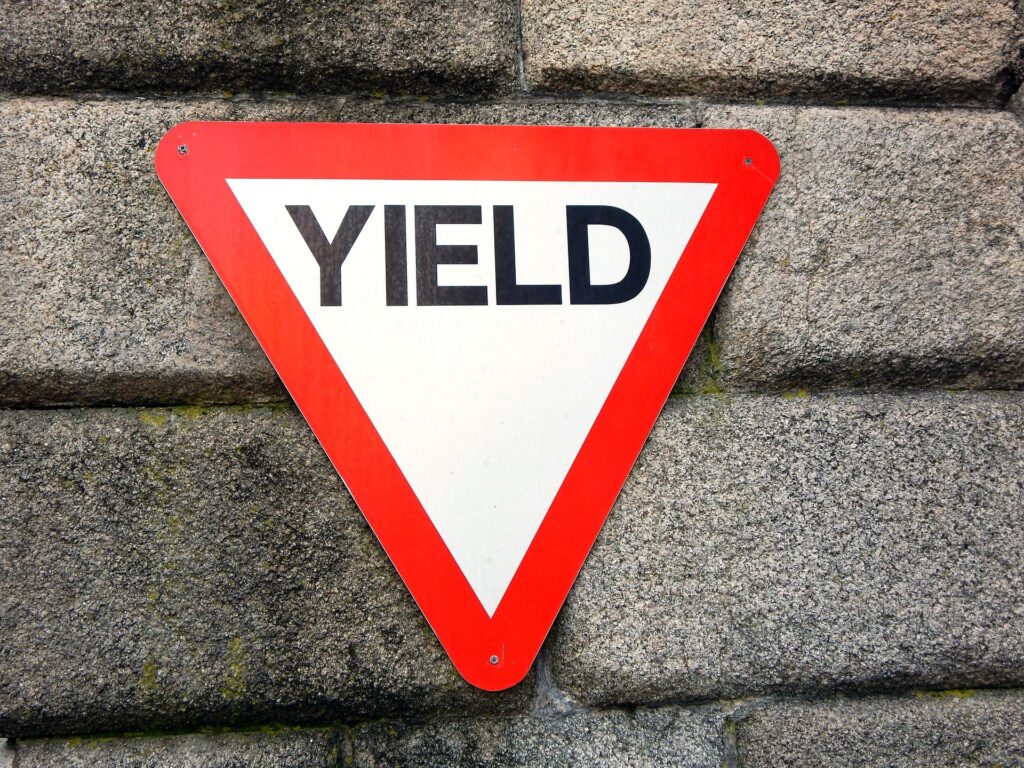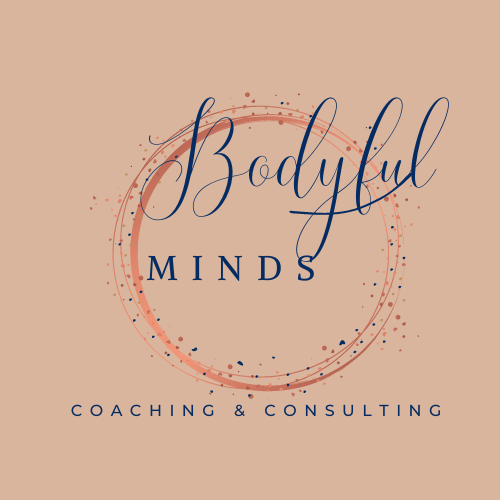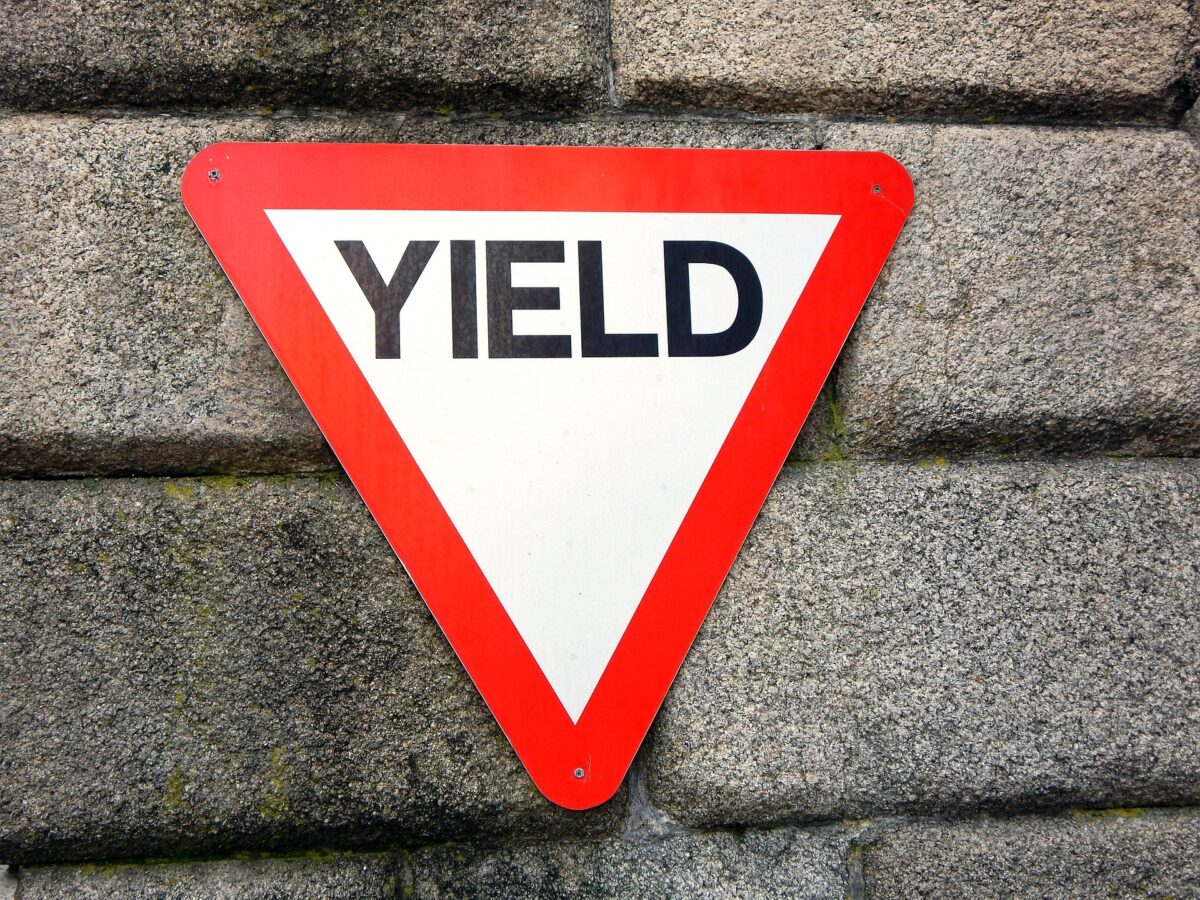Why body awareness matters most for working mothers and how it can help in avoiding maternal burnout
I have started this blog with a sketch of how centuries of cultural practices are contributing to mums feeling guilty. A guilt that can lead to overwhelm and maternal burnout, because women are taking on more and more without looking after themselves. Why and how body awareness makes a difference to realigning with yourself and with what is truly yours, will be the verse of this blog. But I skipped a step since I have not really explained what I mean when I talk about ‘body awareness’. Defining body awareness is key to understanding
- why it will make a difference to your experience as a working mother;
- why it is important to reconnect with your body;
- and lastly, why it is not your fault that the disconnect happened in the first place.
Defining body awareness
Body awareness is the ability to perceive, understand, interpret and react to the signals of our bodies from within and without. Signals from without would be feeling a breeze on your skin, for example. The body schema is another aspect of body awareness. It combines signals from without and within and allows you to move more or less effortlessly and more or less consciously through space.
For example, if we wear a large backpack, or a bulky purse and we move through crowds, our body schema normally incorporates that protruding item to allow for smooth movement without bumping into other people. To do that we combine physical signals outside of ourselves (like seeing other people, feeling the backpack) with signals from within. The vestibular system adjusts how you balance your body with the added weight, for example. The body schema is a big part of proprioception, i.e. the way we perceive ourselves within our own body in time and space.
Signals within can be basic needs like having to use the bathroom, being hungry or tired. Feelings and emotions also manifest physically and are signals from within, but can and often will be triggered from events without our bodies. If you fall and scratch open your knee, for example, the resulting pain comes from within your body while its cause came from without. Sadness can stem from a loss of a dear person. Happiness can be incited by spending time with close friends. Anger often comes from other unresolved feelings and so on and so forth.
Learned disconnect
Often we have learned from a young age that we cannot or must not trust these signals. The scratched knee does actually not hurt (as badly as we make it out). We have been told to calm down, or not be too intense, when we did not feel calm at all. We have all heard:

‘Don’t be sad.’ or
‘You are so much prettier when you smile.’
It means that we learned to distrust our body’s signals and how we perceive them ourselves. We exchanged this at least partly with what others thought appropriate behavior and appearance might be. Our own bodily signals were henceforth labelled ‘too much’ and had to be ‘reigned in.’
This is the short version. If you look at it in more detail – hopefully I will get around to it eventually, it is even more complex. Especially women are being taught about their own bodies from a young age distorting their own perceptions and trust in themselves.
How motherhood boosts the disconnect
Fast forward to motherhood and you have the perfect ground for fully disconnecting from your own body and developing maternal burnout. Years of being told that others know more about your body, what it should look and feel like, you enter to a nowadays almost complete medicalization of your own body that henceforth shall serve to create another human being. We now know that even the brain changes during pregnancy to prepare for the task of motherhood. Once the baby is born most likely you will be dedicated to raising it and putting it first. From an evolutionary perspective this makes perfect sense and keeps the species alive.
Overwhelm & maternal burnout
However, it disregards that we no longer raise our children collectively. Often even grandparents are not close by to support the growing family. Taking care of one or more children, in particular when they are still young, is physically as well as emotionally draining. If you add to that a disconnect from your own body, a consistent disregard for your own needs, you are on the fastest way into overwhelm and maternal burnout. This is not what our children need. This is not what we need, nor do we want it. It’s just something you so easily slide into without noticing.
Disappointed professional ambition
Then we add to this professional ambition. Maybe you experience personal disappointment at what you thought you’d achieve professionally, but simply haven’t. Simply couldn’t, because it was just too much. All the time and money you spent on education. The time spent on working hard to proof your value at work, on personal development and continued education. Will you wait until they are older, but then maybe so will be your parents or in-laws – who will look after them? Probably you, because your partner is likely to earn so much more than you at this point, that it doesn’t make sense otherwise.
Empowering body awareness
I am digressing a little, but then again, I am not. This is the scenario that is very real for many of us. I am not saying, that it isn’t important to take care of other people, but it should be a conscious choice and not something you end up doing, because you are a woman. To the contrary taking care of other people is hugely important while it doesn’t get nearly enough recognition socially. Last but not least of all, you can only really take care of other people, if you know how to take care of yourself.

This is where the loop closes: In order for you to be able to take care of yourself, you cannot skip the step of reconnecting to yourself and to your body. It allows you to decide how you want to take care of others. It allows you to choose to pursue a career and how to prioritize according to your own as well as your family’s needs. Body awareness won’t solve all your problems, no. It will, however, make you stronger, more resilient and creative in finding solutions that work for you. It will empower you in situations where you’d otherwise feel helpless or maybe even hopeless.
Do you want to take back control? Do you want to empower yourself, to trust yourself to make the right choice?

